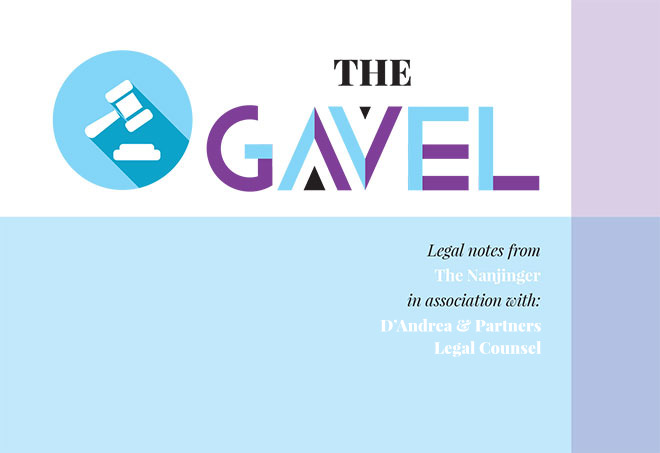Based on an investigation conducted by the Tax Bureau, during the shooting of the movie, “Big Bombing”, China’s leading actress, Fang Bingbing, evaded the payment of ¥6,180,000 in individual income tax, as well as ¥1,120,000 in business tax, by means of dividing contracts.
It was also found that Fang and enterprises that she represents have escaped ¥2.48 billion in tax, which includes ¥1.34 billion of tax evasion. The Tax Bureau made its administrative decision to Fang and her companies to collect the tax, accompanied by one of the heaviest penalties in history. The total amount that Fang need pay is over ¥8 billion.
Dual Contracts
However, Fang’s case is just the beginning. The collection of tax in the film industry, specifically, has reached boiling point. Such Dual Contracts, as utilised by Fang, are not rare in the film industry, but there is still controversy on whether it is a reasonable or unlawful act. Experts believe that since the anti-tax avoidance clause was added in the amendment of the Individual Income Tax Law, more specified rules on anti-tax avoidance may come to the forefront in time.
There are many forms of these Dual Contracts in the film-television industry, such as those whereby actors can enter into contracts other than performance contracts to gain remuneration. Some of such conduct is used to avoid the Prohibition on Actor’s Remuneration of the National Radio and Television Administration, by signing multiple contracts to avoid the prohibition, in the forms of “Promotion fee”, “Special Service fee”, etc.
Although “Dual Contracts” are common in the film-television industry, there is still controversy over the legality of such a practice. According to the Criminal Law, tax evasion is defined as, “Where any taxpayer files false tax returns by cheating or concealment or fails to file tax returns, and the amount of evaded taxes is relatively large and accounts for more than 10 percent of payable taxes”. Thus, a “Dual Contract” is likely to be deemed as tax evasion.
Collection & Leniency
The State Administration of Taxation has clearly announced that all of the local tax bureaus shall instruct film industry-related enterprises, such as film and television production companies, brokerage firms, performing companies, acting agencies, and so on, as well as high income people in the film industry, to govern and supervise their tax declaration from 2016, according to the relevant law and regulations.
Interestingly, according to Administrative Punishment Law, these who correct their behaviour after being reminded, shall be given a lighter or mitigated administrative penalty, and if an unlawful act is minor they may even be exempt from the penalty.
The tax bureaus have set their goal as to put emphasis on the inspection of those who refuse to ratify themselves and make a serious decision in the matter between March and June of 2019. They are required to establish a long term and complete mechanism to manage the taxation of the film-television industry before the end of June, 2019. It is also said that any tax evasion by tax payers and any breaches of responsibility by officials shall be closely monitored.
DISCLAIMER
This article is intended solely for informational purposes and does not constitute legal advice. Although the information in this article was obtained from reliable official sources, no guarantee is made with regard to its accuracy and completeness.









